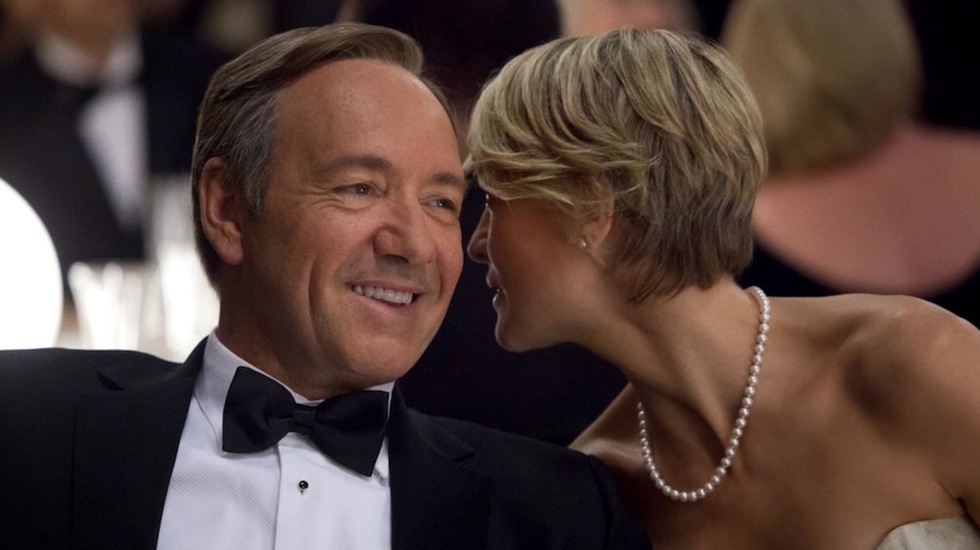
BY ZACHARY WIGON |
Racking Focus: What Netflix's Jump Into Movies Means for Filmmakers
As Netflix announces its move into original cinema, indie filmmakers will see a new window of opportunity.

For all the predictions of independent cinema's demise that circulated around the industry only half a decade ago, it's incredible to realize how quickly things have begun to right themselves. This week brought the exciting news that Netflix is expanding its original programming from TV into movies as well, a welcome expansion that one hopes will produce quality films that can rival the quality of Netflix's hit series House Of Cards and Orange Is The New Black. Netflix obviously has quality control under, well, control, and there's nothing to indicate their films will be diminished in quality relative to their series.
The expansion of Netflix into cinema reminds us all that, as wonderful a medium as TV is, cinema isn't dead by a long shot.
Assuming that is the case, it's worthwhile to consider the impact of this development on quality cinema. As content distribution channels expand, the obligations of each distributor contract. That is to say, the more sources of entertainment there are, the smaller the audience any one entertainment source is expected to satisfy. For example, in the network era of TV, CBS, NBC and ABC were the only game in town, and so advertisers expected each of those networks to garner a sizable portion of the national audience.
I see Netflix operating more like an HBO when it comes to original films than a Hollywood studio.
Today, with specialized TV networks and specialized online content distributors, audience expectations are appropriately lower. While Netflix has a significant number of US subscribers - 31.1 million of them - the company isn't (yet) in the game of competing with Hollywood studios for a national (and international) audience. They seem content to cater to the subset of Americans that comprises their viewership - intelligent viewers seeking original voices operating within established genres. (House Of Cards is a sterling example of this.)
All this is to say that I see Netflix operating more like an HBO when it comes to original films than a Hollywood studio. That is a big win for talented independent filmmakers. The recent American auteur movement toward TV is a well-documented one by now, and one senses that the frequency of respected indie filmmakers working in TV is rising to a level where, soon, we may have ourselves a glut. The expansion of Netflix into cinema reminds us all that, as wonderful a medium as TV is, cinema isn't dead by a long shot.
The cinema/TV power shift is more due to cinema's outdated distribution methods than it is to a quality disparity between the two mediums.
As I wrote here last week, there are certain kinds of stories that can be conveyed in films that TV simply isn't equipped to tell. Trendsetter that it is, we can only hope that Netflix's move into original films pushes other online content providers to consider the same action, and in so doing, articulates the point that quality content, in any form, will find itself an audience on a popular viewing platform. Many of the critics of cinema's declining audience over recent years have forgotten that the cinema/TV power shift is more due to cinema's outdated distribution methods than it is to a quality disparity between the two mediums. Home viewing is simply a more popular way to ingest entertainment at the moment than going out to the cinema, but that doesn't mean that home viewing has to consist of TV. As Netflix makes this important expansion, we can only hope that the legitimacy of cinema as a popular medium finds a new audience in a new format.

